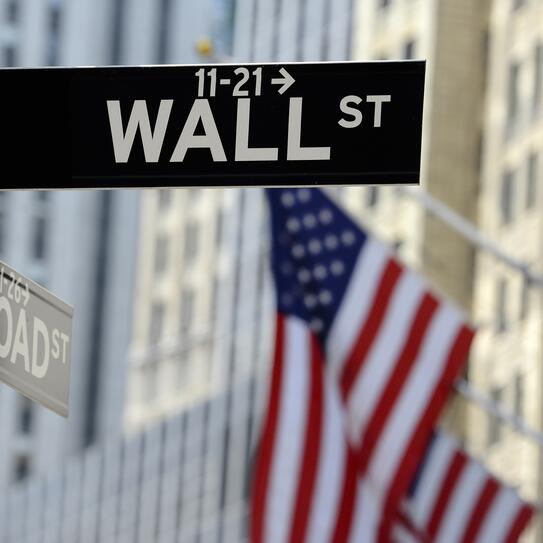New data from the Commerce Department shows the U.S. economy shrank for a second straight quarter in the period from April to June, sparking renewed debate about whether the country is in recession.
While two consecutive quarters of negative growth is often seen as an unofficial marker of a recession, the White House has pushed back against this interpretation of the latest data, noting the still-strong labor market and rising wages.
The official start and end dates for a period of recession are usually made by a non-partisan organization called the National Bureau of Economic Research, which has yet to declare an official downturn in economic activity.
As economists and politicians debate the path ahead for the economy, we asked Professors Laura Veldkamp and Kairong Xiao from Columbia Business School's Finance faculty to weigh in on the issue.
Here’s what they told us:
Q: Do you believe we are currently in a recession? Why or why not?
No, we are not in a recession now. A recession is not simply a decline in gross domestic product (GDP). It is a downturn across many markets, including labor markets. Labor demand is strong. Unemployment is incredibly low. I spoke to members of the business cycle dating committee just a few weeks ago. Without a weak labor market, I do not believe they will judge this to be a recession. That doesn't mean we won't be in a recession in a few months. But not yet.
--Laura Veldkamp, Professor of Finance, Columbia Business School
We are technically in a recession because the GDP shrank for the second straight quarter.
--Kairong Xiao, Associate Professor of Business, Columbia Business School
Q: What makes this current state of the economy different from past recessions? What can we learn from the differences?
We've never seen an economic shock quite like covid. Supply chains were disrupted, sending prices soaring. Mothers left the labor force to care for kids and elderly parents. Demand for some services plummeted and then soared. People moved out of cities and then back in. The location of work is shifting out of the office, in many cases, for good. Our economy has been significantly rearranged, and in a short period of time. Forecasts are based on statistical similarities with previous episodes. All forecasts right now are suspect.
--Laura Veldkamp
We are having high inflation together with a decline in real output, while past recessions usually have low inflation or even deflation. The difference suggests this recession is caused by supply shortages, or a lack of demand.
--Kairong Xiao
Q. Should consecutive negative GDP growth be the main factor for defining a recession? Why or why not?
No, I don't think we should rely only on GDP numbers to determine the health of the economy. GDP is too imperfect a measure. Combining it with other indicators like labor market data doesn't fix it, but it does make it a little more informative.
--Laura Veldkamp
I would say yes. A label such as "recession" is useful because it helps us to classify things. We have been using GDP growth as a criterion to classify economic downs with certain severity as "recessions" in the past. Keeping using it puts the current policy discussion in the same context. Changing the criterion (say including measures of the labor market) only confuses things. Of course, each recession is different in its own way. The policy responses should be tailored to the specific causes of a recession.
--Kairong Xiao




